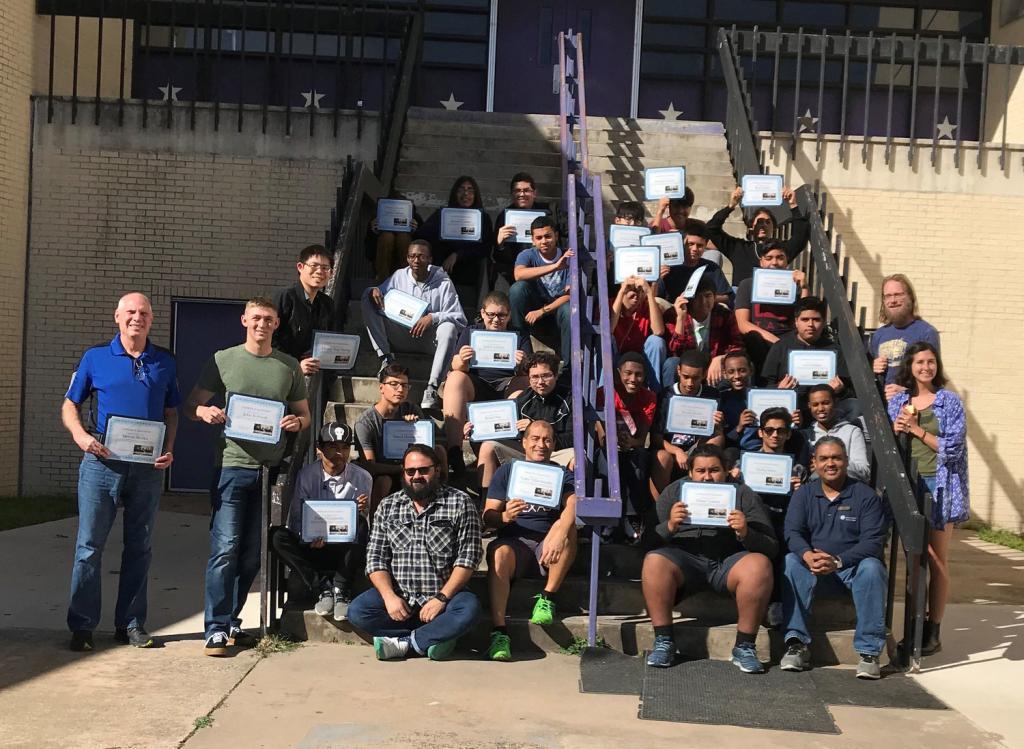Generación STEM: Spanish Language STEM Videos
Curricular MaterialsGeneración STEM is a Spanish language TV series designed for middle and high school Latino youth and their families and is part of the STEM Mio Journeys program, developed by Arizona State University. Powered by CGI’s My Lifelabs platform, the STEM Mio program supports middle and high school Latino youth as they explore their personal passions, match those to STEM futures, connect with Latino STEM mentors, and gain the experiences to become strong college applicants. The STEM Mio journey is inspired through peer stories, supported through carefully designed learning challenges and peer
